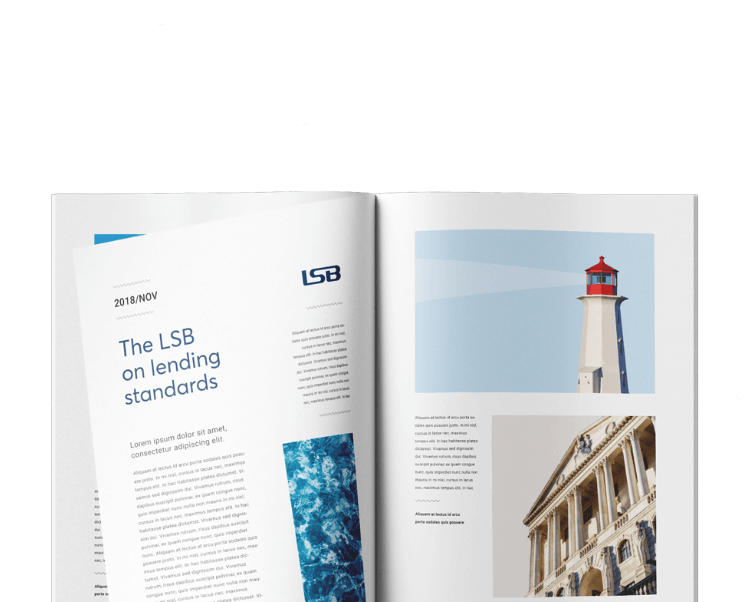This week is Talk Money Week, an initiative aimed at getting the nation talking about money to help improve financial wellbeing.
Driving fair customer outcomes within financial services is at the heart of the LSB’s work. As the primary self-regulatory body for the banking and lending industry, we set and oversee rigorous Standards and Codes that firms sign up to.
Since 1 July 2019, we have been the governing body of the Contingent Reimbursement Model Code (CRM Code) for Authorised Push Payment (APP) scams. An APP scam occurs when a customer is tricked into transferring money to a fraudster via a bank transfer. There are many different types of APP scams, such as romance, impersonation and invoice scams.
Falling victim to a scam can be a very stressful experience. The CRM Code aims to provide greater protection to customers from APP scams through increased awareness and education, having measures to prevent these scams and by committing to reimburse customers when they become a victim through no fault of their own.
Firms who have signed up to the CRM Code have committed to take a number of steps to detect APP scams and protect customers from losing money to a fraudster. Some of these are:
- Raising awareness about APP scams
- Taking steps to identify payments which may be more likely to be a scam
- Providing effective warnings to customers before they make a payment
- Taking extra steps to protect customers who might be vulnerable to being scammed
- Talking to customers about payments and even delaying or stopping payments where there are scam concerns
- Acting quickly when a scam is reported
- Taking steps to stop fraudsters opening bank accounts
Where someone has been tricked into making a payment, through no fault of their own, signatory firms should understand the nature of the scam, the impact it has had on the customer and reimburse them without delay.
As part of our governance we review firms to understand how they are applying the Code. This year we have reviewed firms against two parts of the Code, one looking at the process firms undertake when reimbursing customers who have fallen victim to a scam, and the second focussed on how firms have designed and put in place effective warnings. The results of this review will be published in December. In addition to our oversight work we have begun a consultation process, looking at the overall effectiveness of the Code and its impact on customers. We received a wide range of responses to the consultation from consumer organisations, stakeholders and firms, who warmly welcomed the Code as complimentary to existing regulations and consumer care obligations.
We are analysing the findings from the consultation and our report and accompanying recommendations will be published early next year. The report will also take account of the output from our reviews.
APP scams are just one way that fraudsters get access to your money, and the pandemic has created even more opportunities for scammers to take advantage of customers. Firms signed up to the CRM Code have shown a commitment to doing their bit to help protect customers from APP scams, and we encourage other firms to do the same by becoming a signatory to the Code.
You can also play your part in reducing APP scams by talking to friends and family about your finances, for example before making a payment that you aren’t sure about or moving or investing your money. By working together and talking about money we can all help to reduce scams from happening.
If you have been a victim of a scam, find out more about what you can do here.
Talk Money Week provides an ideal opportunity to start these conversations. You can find helpful guides to talking about money on the Money and Pension Service website.









